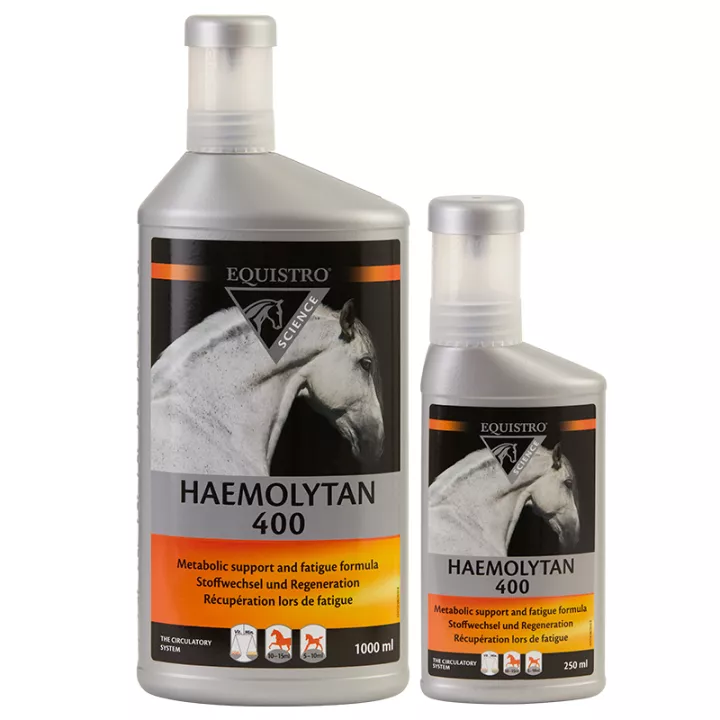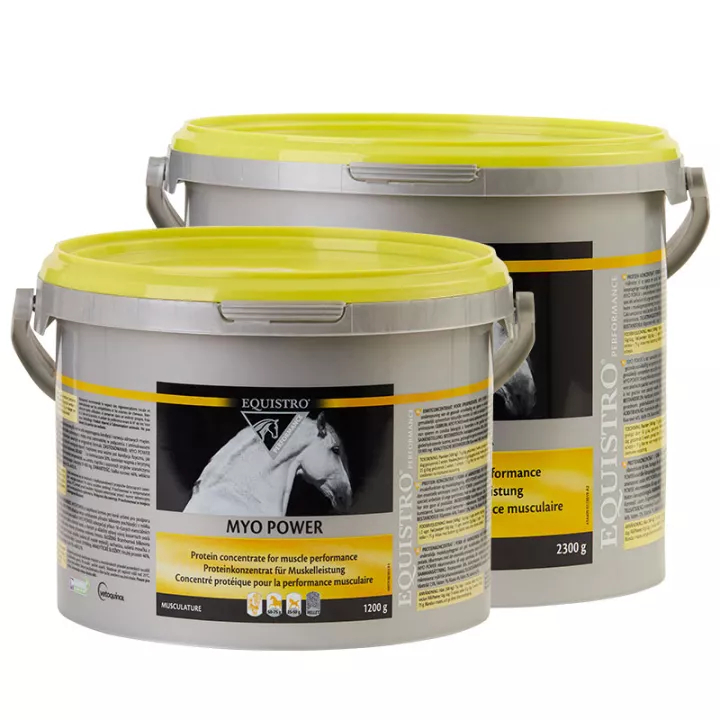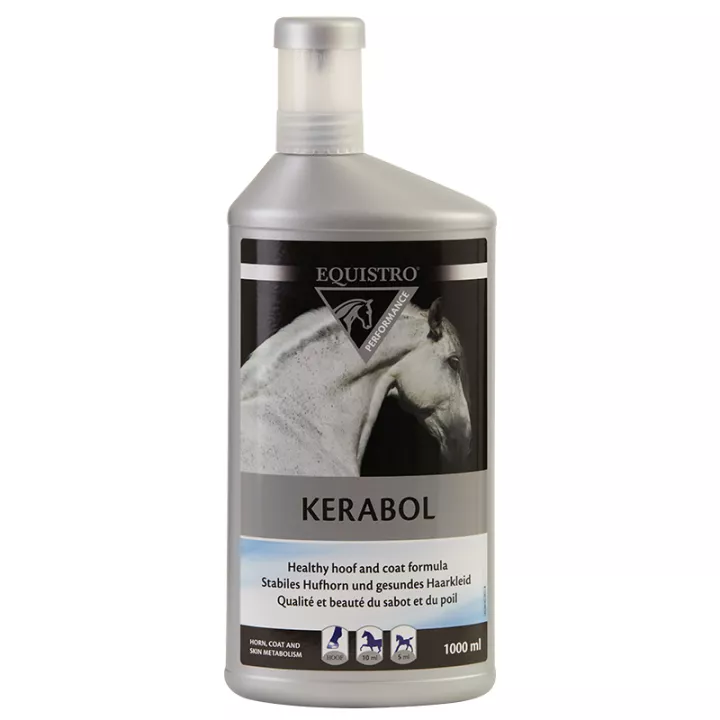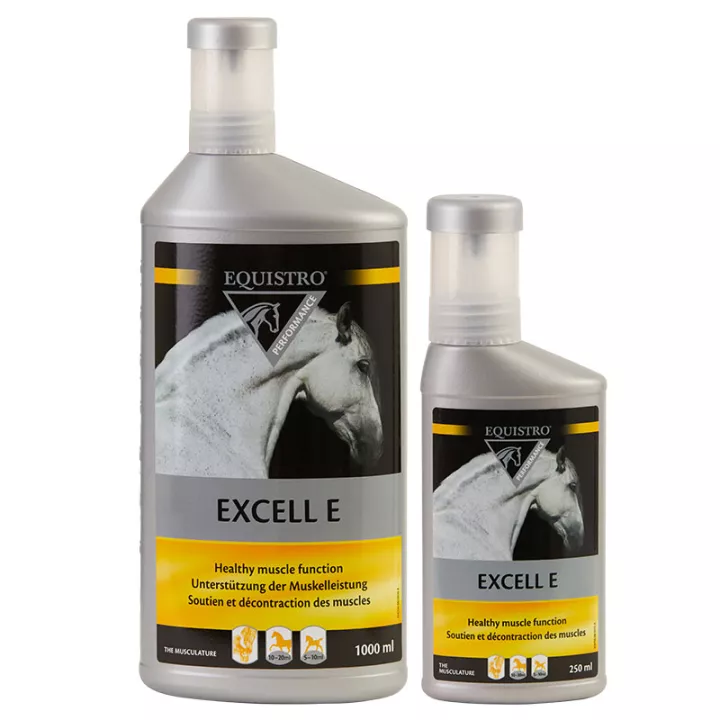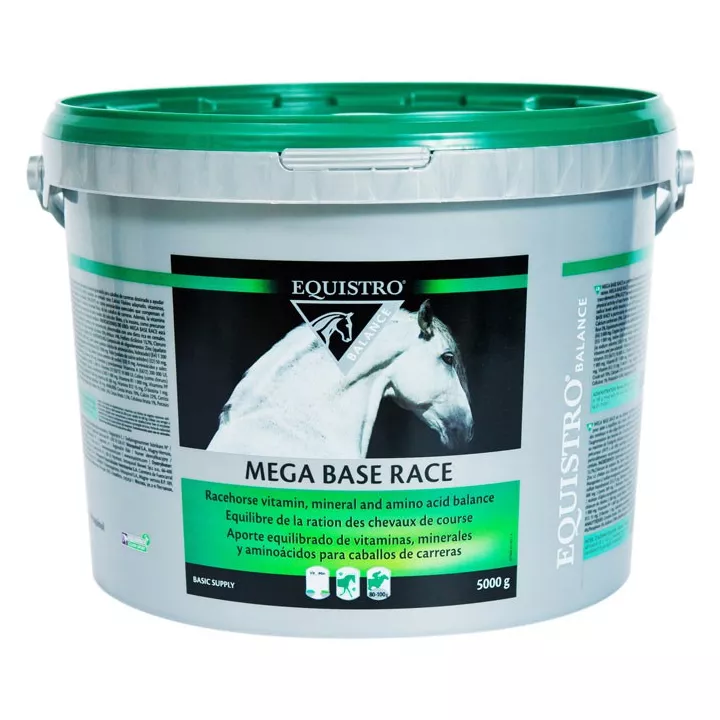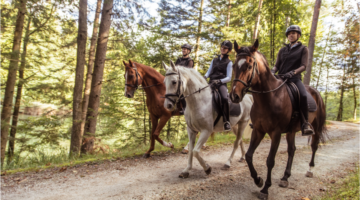What is Equistro Haemolytan 400 Vetoquinol used for?
Equistro Haemolytan 400 dietary supplement contains an iron-enriched formula. It helps improve recovery during complicated periods such as convalescence, anemia or fatigue.
It is specially indicated in the following cases:
- Suitable for horses in convalescence, anemia or poor general condition.
- Suitable for working horses during periods of intense training and competition.
- It is recommended for tired horses, during periods of reduced orirregular performance.
- Recommended for stallions in high demand or broodmares at the end of gestation.
Equistro Haemolytan 400 is specially indicated for a wide range of situations and horse categories. Here are the main areas of application for this feed supplement:
When your horse is recovering from illness, injury or surgery, it may need additional nutritional support to promote rapid and effective recovery. Equistro Haemolytan 400 is recommended in these situations to help your horse regain its form and vitality.
Horses suffering from anemia, characterized by low hemoglobin levels in the blood, can benefit from the iron supplementation provided by Equistro Haemolytan 400. Similarly, horses in poor general condition with loss of appetite or weakness can benefit from this feed supplement to regain their vitality.
Horses undergoing intensive training or competition have increased energy requirements. Equistro Haemolytan 400 can help them maintain their performance levels by ensuring an adequate supply of iron for muscle oxygenation. It can also help prevent excessive fatigue and support recovery after intense effort.
If your horse shows signs of fatigue, lassitude or a drop in performance, Equistro Haemolytan 400 can be a valuable supplement to restore energy and improve vitality. It helps compensate for any iron deficiencies that may be at the root of these symptoms.
Stallions undergoing intensive breeding and broodmares at the end of gestation have specific nutritional needs. Equistro Haemolytan 400 is recommended for these horses, helping to maintain their fitness and health during demanding periods.
We also offer the Equistro Ipaligo foal syringe from the Vetoquinol veterinary laboratory, at the best price in our online pharmacy.
How do I administer this feed supplement for horses?
Haemolitan from the Equistro range can be mixed with rations or administered directly into the horse's mouth. To facilitate administration, a mouth syringe can be used.
The recommended dosage is as follows:
For adult horses of standard size, the dose is 10 to 15 ml per day.
For smaller horses, ponies and foals, 5 to 10 ml per day.
Treatment duration is generally 3 weeks. And during convalescence, treatment may last until full recovery.
In general, it is important to seek veterinary advice before using or prolonging this dietary supplement.
Give your opinion on the advice for use and dosage of Equistro Haemolytan 400 Vetoquinol with our partner Verified opinions after your purchase.
What are the precautions for use?
The Equistro Haemolytan 400 formula contains no ingredients likely to test positive in anti-doping tests.
This feed supplement is specially formulated for equidae. Close the bottle tightly after use and keep out of reach of children.
What is the composition of Haemolitan by Equistro?
Sugar syrup, glycerine. Additives/kg: trace element compounds: zinc (as glycine hydrate zinc chelate) (3b607) 4,200 mg, iron (as iron sulfate heptahydrate (E1) 3,500 mg, copper (as copper chloride dihydrate) (E4) 200 mg, tetrahydrate (3b301) 12 mg. Vitamins and provitamins: vitamin B1 (3a820) 1,200 mg, vitamin B6 (pyridoxine hydrochloride - 3a831) 800 mg, niacinamide (3a315) 800 mg, calcium D-pantothenate (3a841) 800 mg, vitamin B2 (riboflavin) 800 mg, folic acid (3a316) 400 mg, vitamin K3 200 mg, vitamin B12 12 mg. Aromatic ingredients: glycine 5,700 mg.
Presentation - Packaging
This dietary feed for horses is available from your online pharmacy in 250 ml and 1 liter formats.

